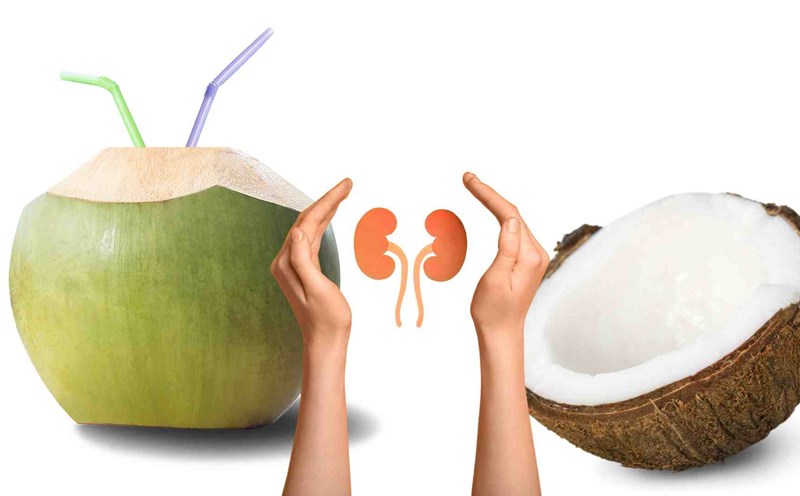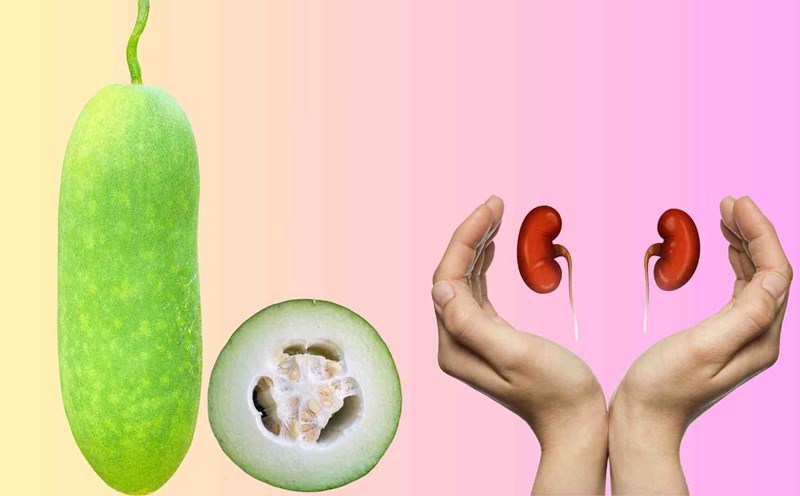Cashews have long been considered a nutritious food, containing protein, healthy fats, vitamin E, magnesium and zinc. However, not everyone knows that eating cashews properly can support kidney function, while eating them incorrectly increases the burden on this organ.
According to statistics from the National kidney Foundation, diet is an important factor in protecting and improving kidney function, especially for people at risk of chronic kidney disease. Cashews are prized for their monounsaturated fat content, which helps reduce inflammation and stabilize blood sugar, an indirect factor in protecting the kidneys.
However, Dr. Megan Rossi, a clinical nutritionist in the UK, notes: People with kidney disease should pay attention to the potassium and phosphorus content in cashews. Eating too much can put the kidneys under pressure. The important thing is to control portion sizes and combine a variety of foods.
Experts recommend that to take advantage of the benefits of cashews without harming the kidneys, users should follow the following three principles:
First, eat just enough. Healthy people can consume about 2030g of cashews per day (equivalent to a small handful). For kidney patients, it is necessary to consult a doctor for appropriate adjustments.
Second, choose the whole grain. Salted or seasoned cashews contain a lot of sodium, which can easily increase blood pressure, one of the leading causes of kidney failure. Unsalted or dried cashews are safer options.
Third, combine it with a balanced diet. Cashews only work when they are part of a diet rich in green vegetables, low- potassium fruits, whole grains and lean proteins.
Dr. David Heber, University of California (USA), emphasizes: Kieu seeds are a great source of nutrition for the heart and kidneys if used properly. The problem is not the type of food, but the way we eat and control our intake.











